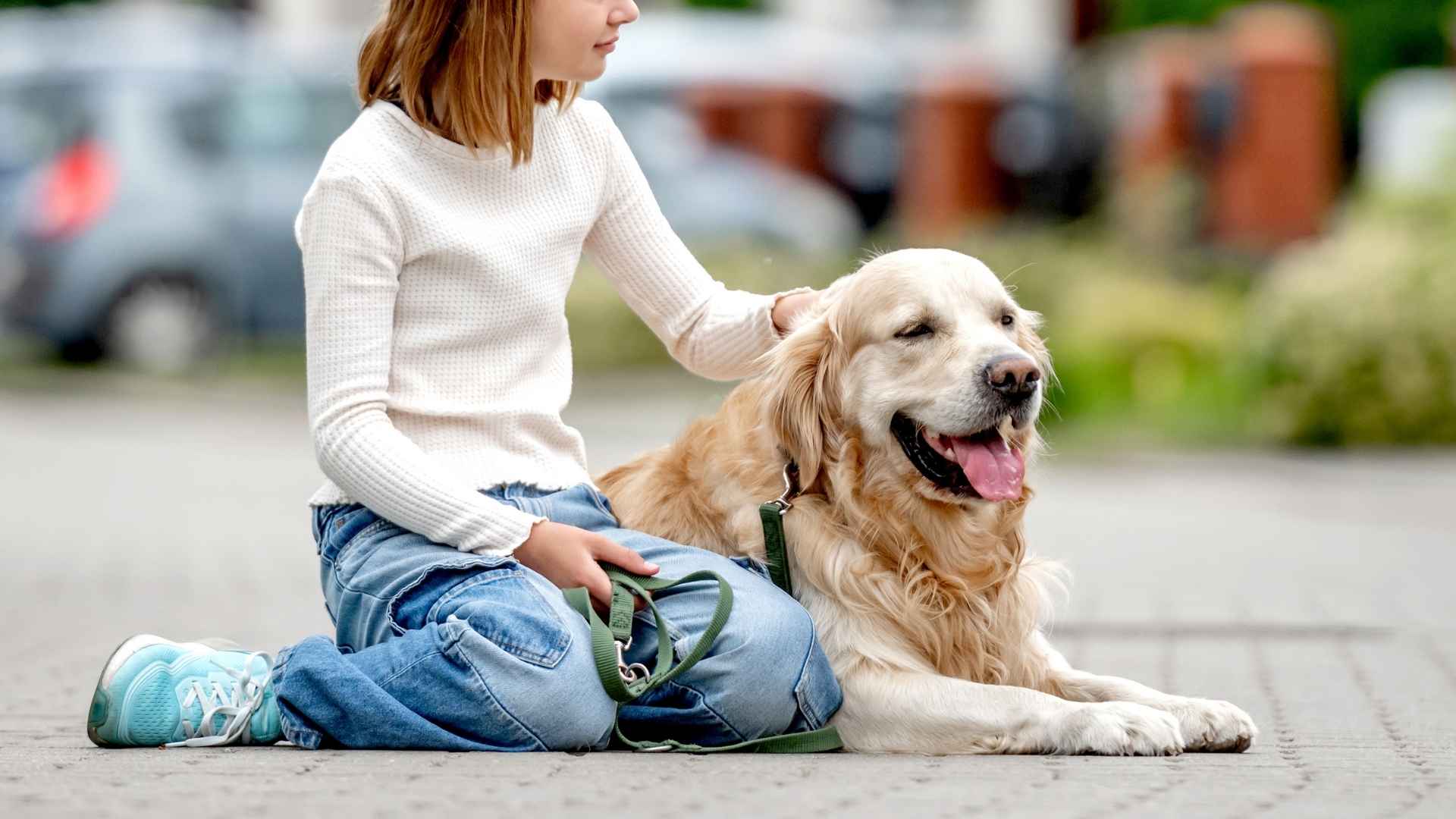When life throws the toughest challenge at you, sometimes a four-legged fury friend can be the one who rescues you through emotional support and a watchful attitude. Alert therapy dogs are unique animals in the canine world. They do more than comfort, they protect, notify, and mostly act as a lifeline for their humans who need emotional support or medical help.
According to Scientific American, dogs can sense an oncoming seizure alert. They can respond to a drop in the blood sugar, provide quick reassurance during a panic attack. These medical alert dogs can do all this as they are very attuned to their humans.
Let’s learn about some of such service dogs that can play an important role in your life.
Alert Therapy Dog Breeds
Therapy service dogs play an important role in many owners’ lives. If you are looking for a breed that is loving and watchful, and responsive too, these outstanding emotional support dogs are trained for just that. Read on.
1. Golden Retriever
It is no surprise that Golden Retrievers are one of the most popular service dog breeds in the world. They are known for their gentle heart and patient demeanor. But their qualities just don’t stop there. They also excel at being an alert dog, specifically when trained for service tasks like mobility support or seizure alert.
Some characteristics of Golden Retrievers
Incredibly eager to please due to an easy-going nature
Easy to train with positive reinforcement
Naturally drawn to people with disabilities
Highly sensitive to emotional and physical changes
Golden retrievers display a friendly disposition, and they are empathetic to their very core. My Golden Retriever Puppies mentions that they have the ability to perform therapy after a bit of training, and they can respond to physical cues.
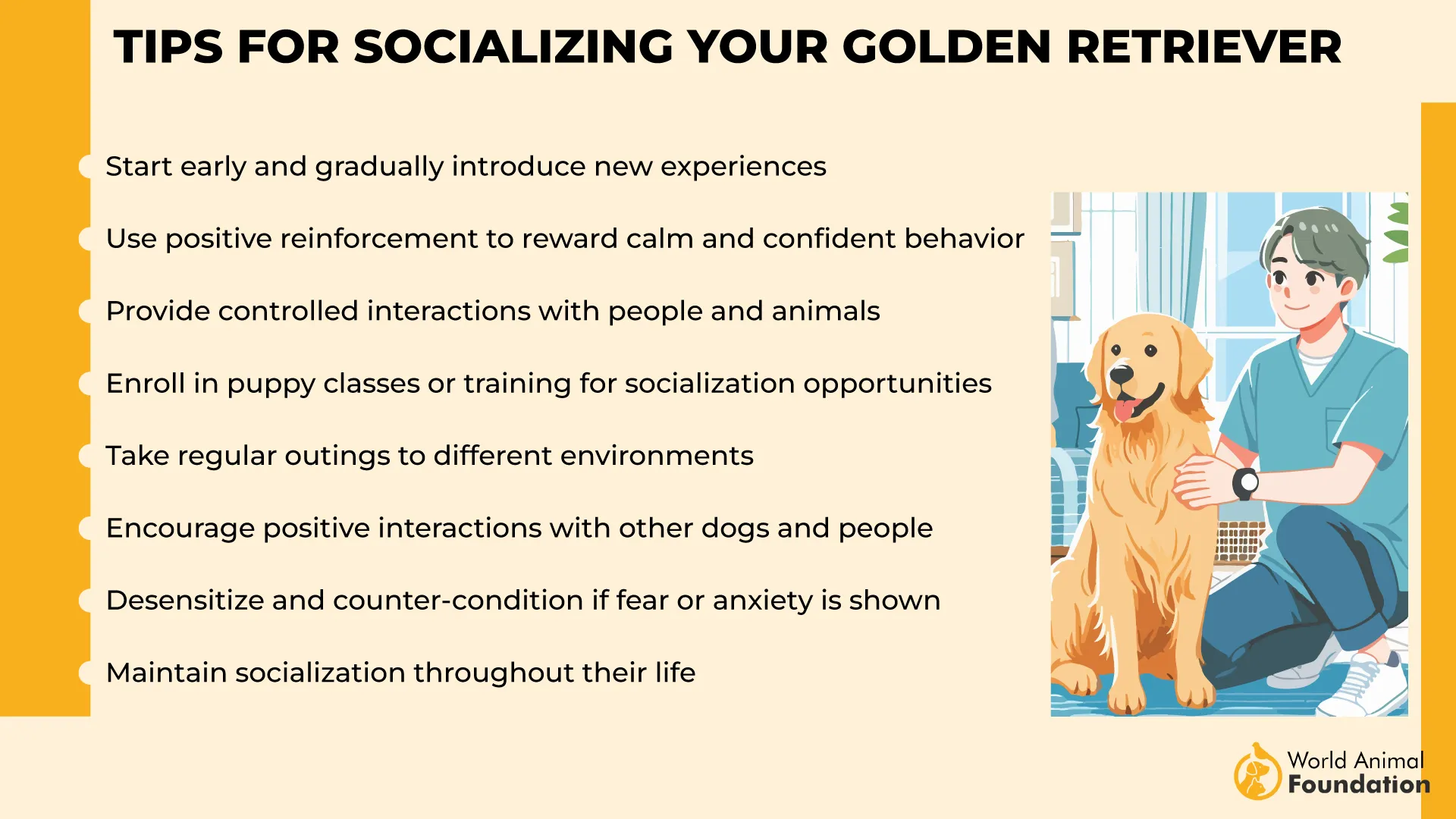
It makes them an exceptional psychiatric service dog as well. With the right training, they are a popular choice for detecting impending seizures.
2. Labrador Retriever
The Labrador retriever, with their stocky build, is more than just a family favorite. They are an all-rounder in the service dog community. Their calm demeanor and high intelligence are the reasons they can handle complex tasks and therapy roles, being the guide dogs.
Some characteristics of Labrador retrievers
Excellent at retrieving objects, as the mobility assistance dogs
Responds very well to structured and extensive training
Used in animal-assisted therapy in hospitals and schools
Best therapy dogs as super helpful for veterans with PTSD
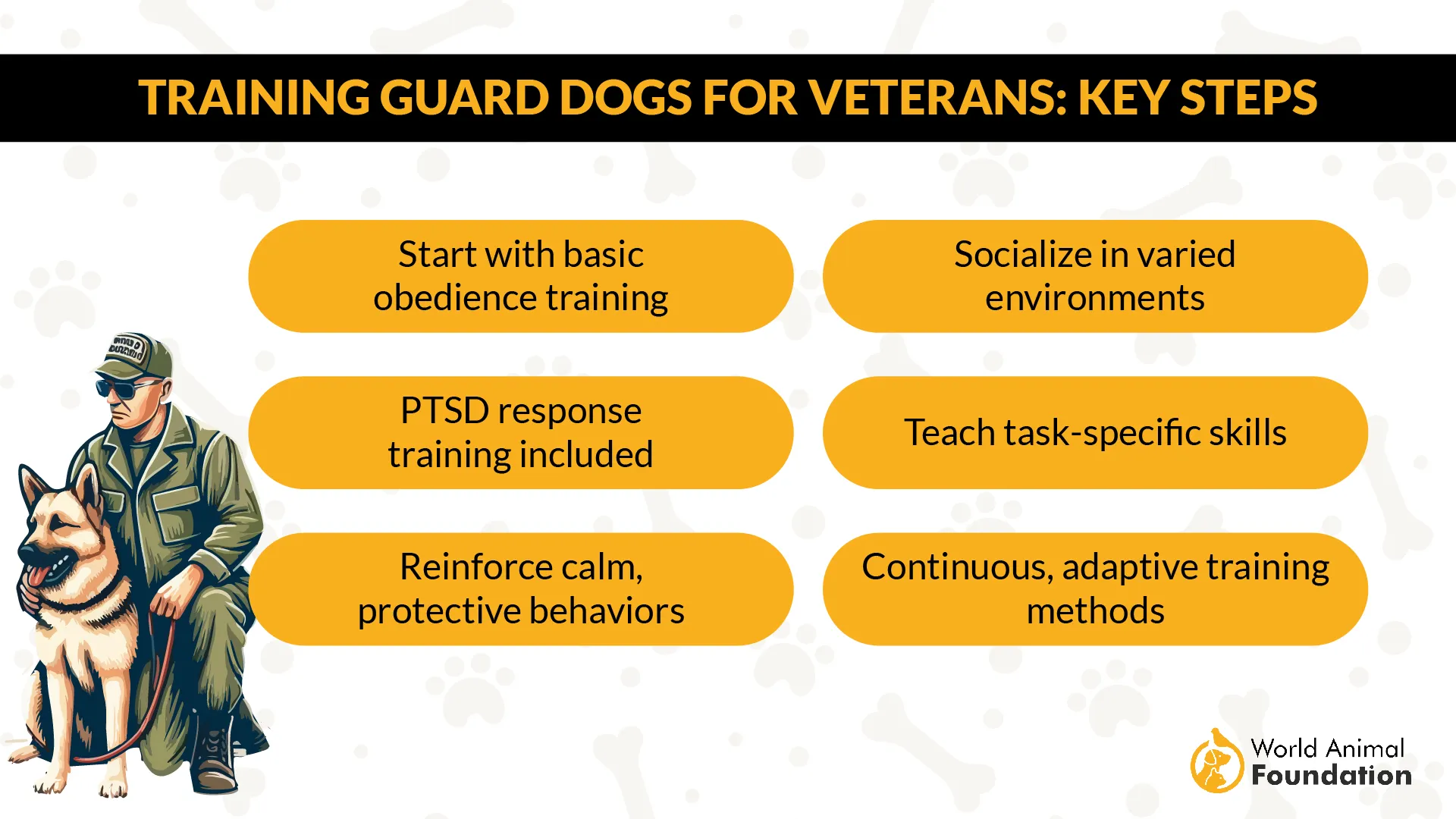
Labradors can sense subtle changes in their handler’s body chemistry, as per the Service Dog Certification. It makes them the perfect medical alert dogs. Their alertness is often paired with deep affection, which creates an extraordinary blend of dog loyalty and care.
3. Pomeranian
Don’t let their size fool you. The Pomeranian has an outsized sense of smell and duty, and intelligence. While they may not provide physical support like some larger dog breeds but they stand out as alert companions for humans with anxiety or chronic conditions like asthma, diabetes, and Parkinson’s disease, etc.
Some characteristics of Pomeranians
Excellent service dogs for psychiatric service work
Quick to detect unusual behavior or symptoms
Ideal for people needing emotional support animals
Low weight makes them ideal for lap-based deep pressure therapy
Pomeranians are often overlooked due to their weight (only 6-7 pounds as per AKC), but their alertness and attentiveness are truly unmatched. They could provide a powerful companionship for people who need a quick response in emotionally challenging situations.
4. Cavalier King Charles Spaniel

If you are looking for a sweet soul with an eye for detail, this should be your choice. Cavalier King Charles Spaniel might steal your heart because these small dogs are beloved for their gentle nature and are naturally attuned to their owner’s physical and emotional cues.
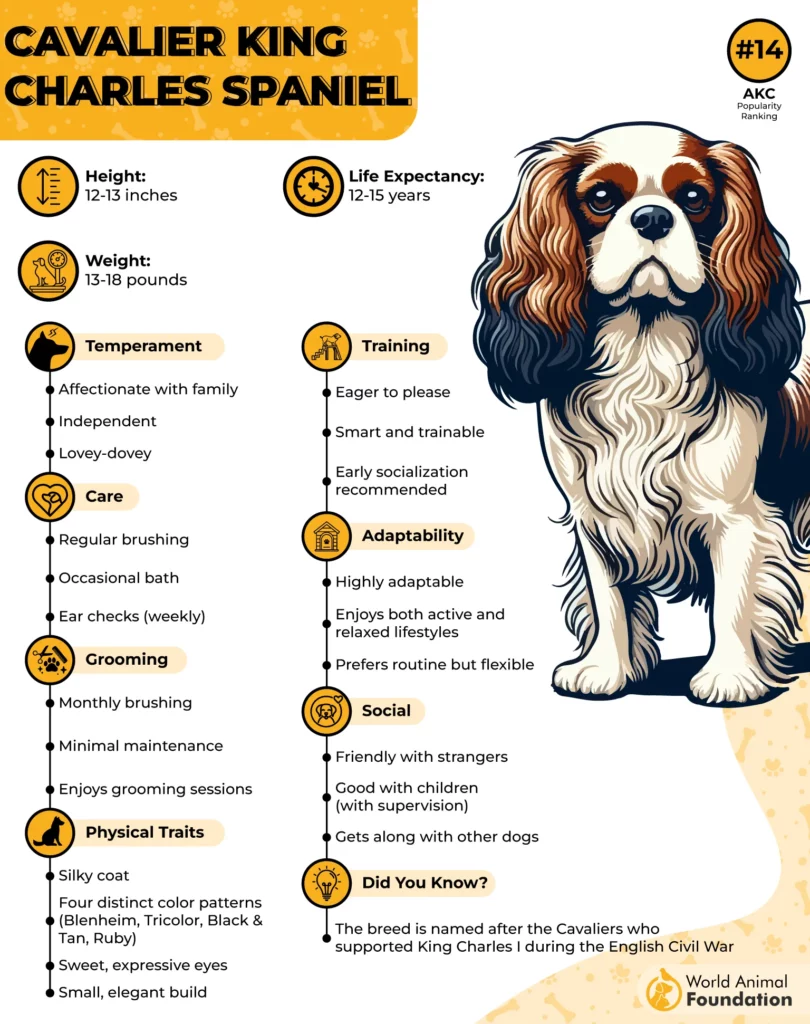
Some characteristics of the Cavalier King Charles Spaniel
Excellent for nursing homes and therapy settings
Calm dogs and affectionate but alert 24/7
Great for children with mental disabilities
Respond well to positive reinforcement and routines
Their combination of gentle temperament and keen observational skills makes them one of the best therapy and alert breeds for emotional conditions such as PTSD and anxiety. It is the most ideal house dog (as Britannica mentions) due to its playful and easy-to-train nature.
5. Great Dane
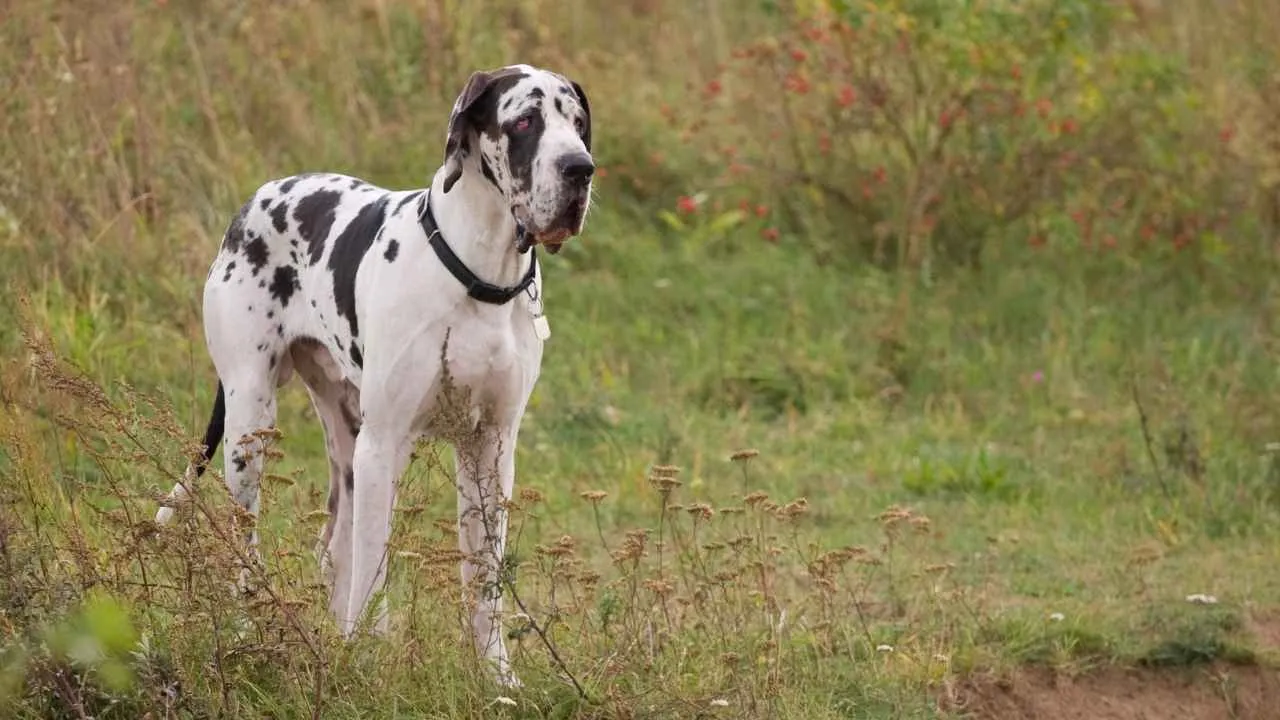
At first glance, the Great Dane might not seem like your ideal therapy dog. However, these gentle giants are one of the best service dogs. They are calm and alert and display a can-do attitude like none other.
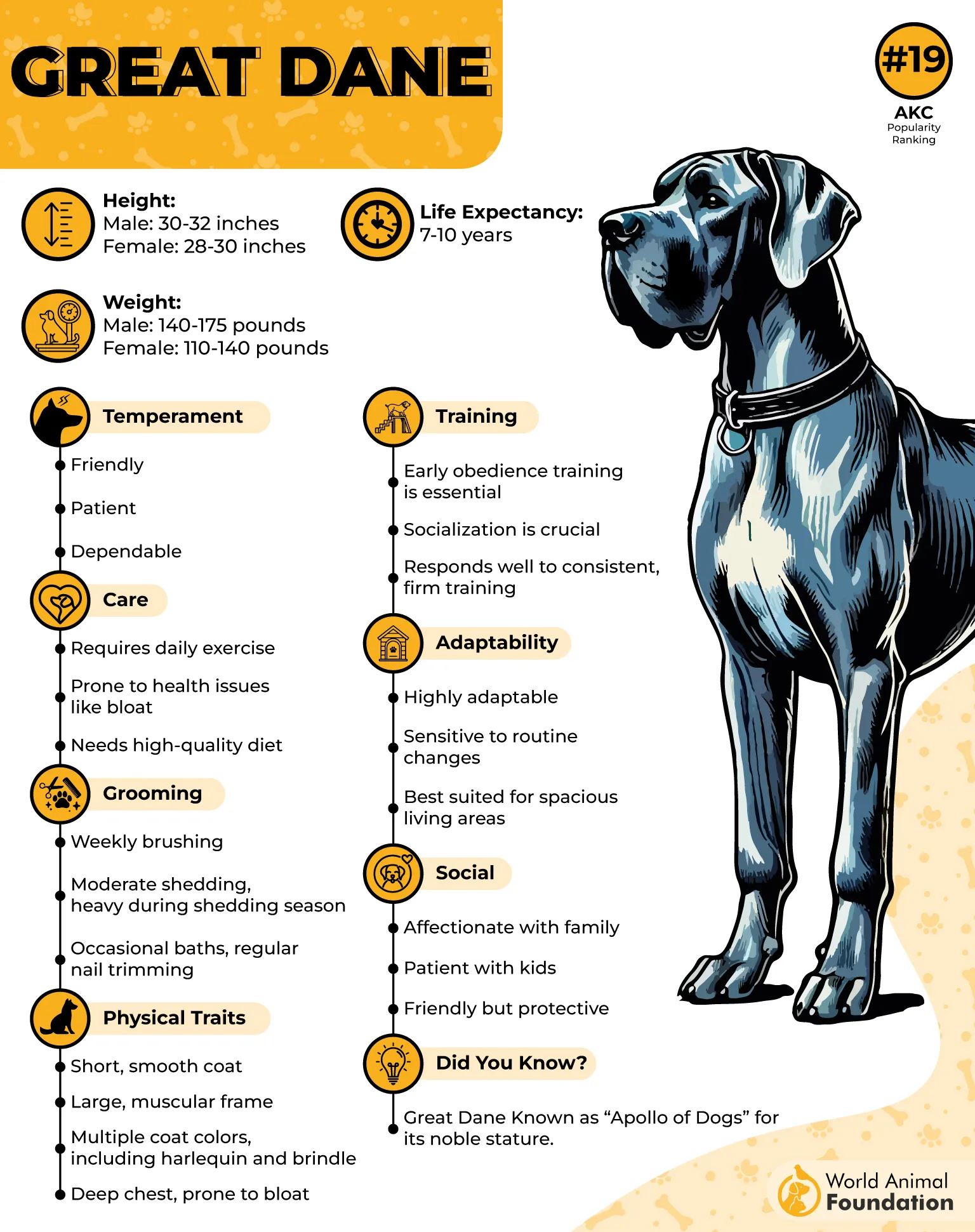
Some characteristics of the Great Dane
Large enough for mobility assistance
Unshakeable in stressful situations
Excellent at deep pressure therapy
Known for their intuitive connection to people with disabilities
As hearing dogs, they are very commonly used in animal-assisted therapy because they display a calming effect in settings like hospitals and schools. Despite their size (up to 32 inches in height), they are regarded among the top service dog breeds due to the emotional and psychiatric tasks they perform.
6. Shetland Sheepdog

Shetland Sheepdog (Sheltie) is often described as one of the most vivacious and intelligent dog breeds. They have a natural instinct to be alert and present immense loyalty, which makes them ideal for both therapy and alert service work.
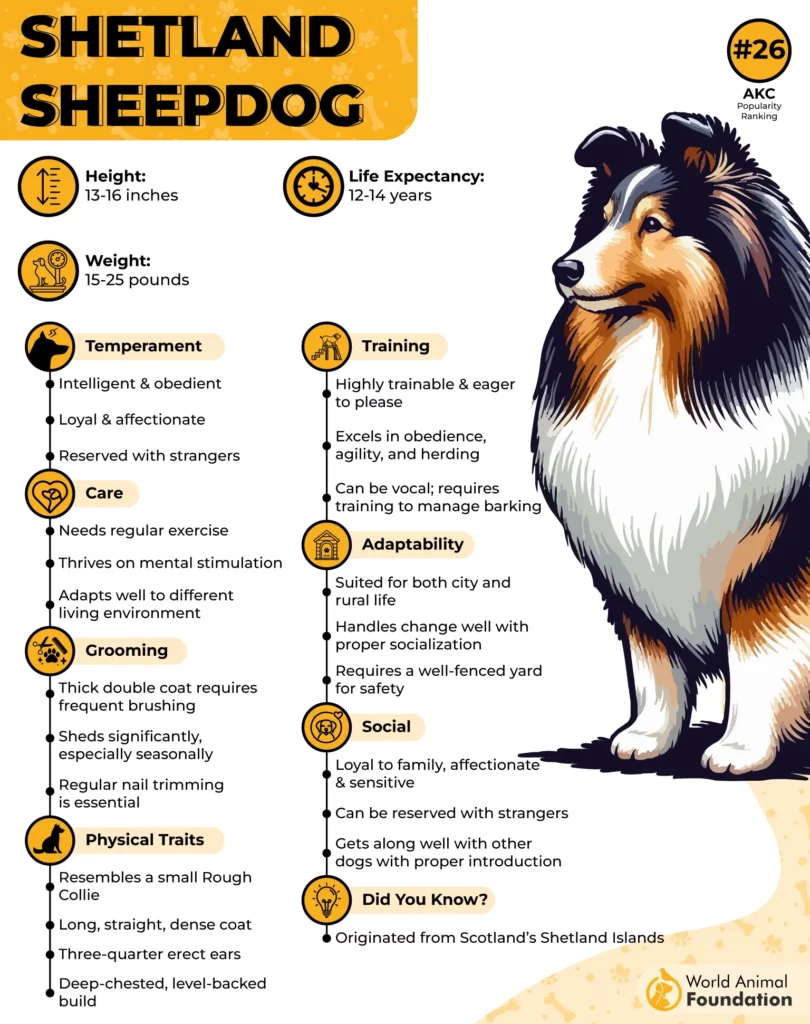
Some characteristics of the Shetland Sheepdog
Highly intelligent at understanding complex tasks
A strong desire to help and protect
Well-suited to understanding human emotional cues
Often employed in settings with service dog tasks, such as emotional regulation
Shelties do require a bit of training through socialization to develop a confident temperament. They excel in environments where emotional sensitivity and sharp instincts are needed.
7. Border Collie

These are small dogs, but they are known for their unmatched intelligence and high energy level. The Border Collie is a natural when it comes to focused alert tasks. However, they are specially trained for the emotional support roles as well as it is a dog breed that benefits from structured routines.
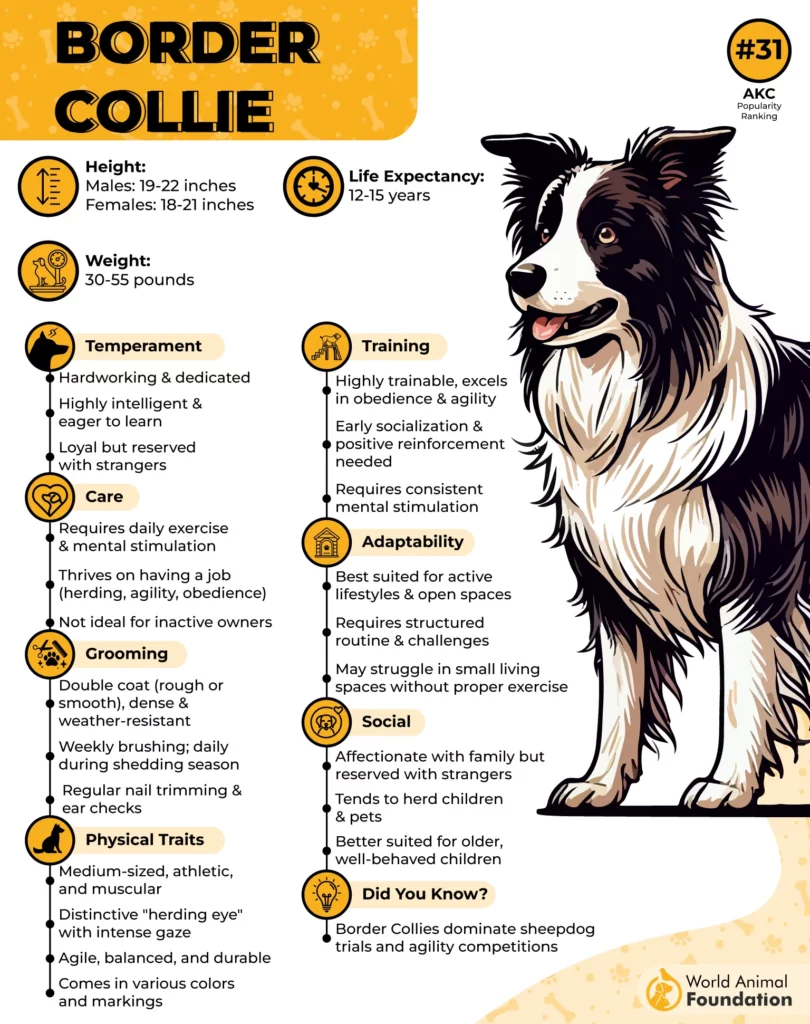
Some qualities of Border Collies
Great therapy dogs for epilepsy
Extremely easy to train
Can handle both psychiatric and medical alert tasks
Form deep bonds with their owners
These dogs are very energetic and need at least two hours of daily walking or physical activity, as per the AKC. However, their dedication and responsiveness make all the difference and render them a great choice for people in need of sharp and vigilant service dogs.
8. Miniature Schnauzer

Although small in stature, the Miniature Schnauzer has a natural sense of guardianship. Their alert nature and deep emotional intelligence levels regard them as an excellent fit to assist humans in therapy and service work.
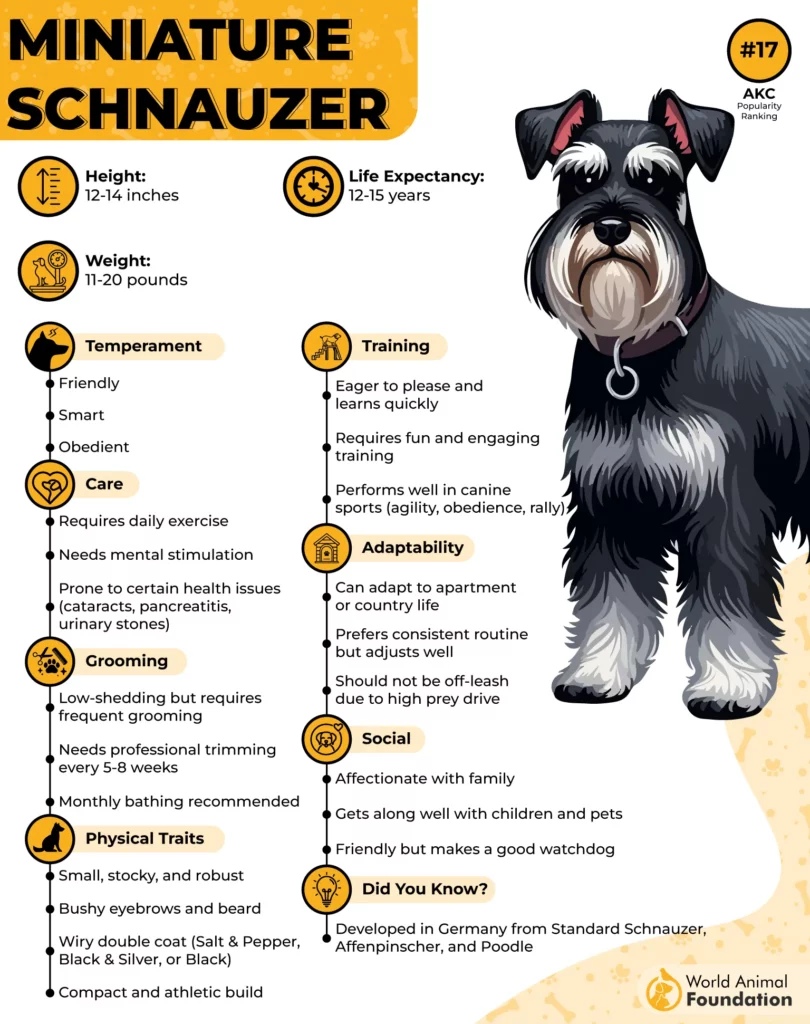
Some characteristics of the Miniature Schnauzer
Naturally protective and quick to alert.
Great for people with chronic illnesses
Highly trainable for specific tasks such as detecting food allergies and changes in body chemistry
Compact size is ideal for apartment guarding
Miniature Schnauzers can be overlooked due to their small size, but they can be a versatile therapy partner when given the proper training and their grooming needs are taken care of.
9. Pembroke Welsh Corgi

These are one of the best breeds and a must-have therapy dogs. They may be small, but their instincts are as sharp as one of the larger breeds. They are full of affection and known for their vigilant nature, which is why they excel at mobility-impaired care.
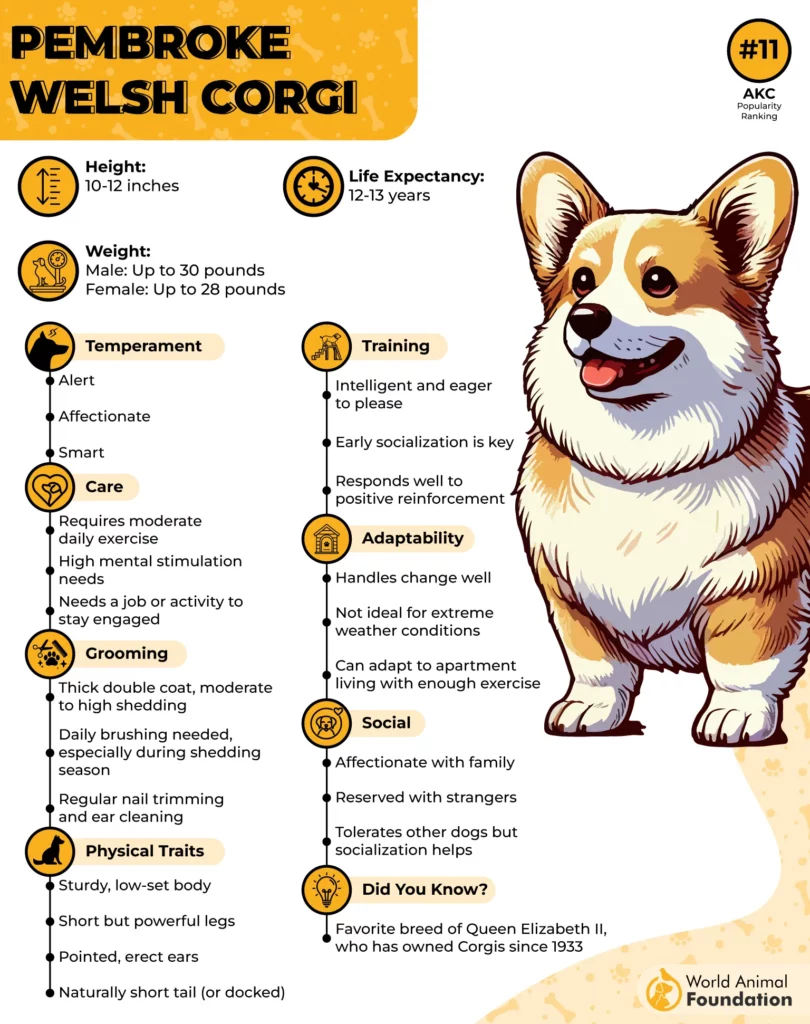
Some characteristics of the Pembroke Welsh Corgi
Great with kids and older adults
Plays a vital role in performing service dog tasks
Compact, sturdy, and easygoing
Strong work ethic from their herding background
These dogs are trained to alert at medical episodes, which makes them a good house dog for people with disabilities like epilepsy.
Final Thoughts: The Dogs Who Do It All
Alert therapy dogs do much more than just provide comfort. Be it an American Staffordshire Terrier or German Shepherd, a Bernese Mountain Dog, or a Yorkshire Terrier, a therapy animal by your side can be a steady partner in moments of panic. They can be a gentle alarm when something is not right and quiet protectors when the world feels too heavy.
They don’t ask for much in return. Just a little love, a space by your side, and yes, a treat every now and then.


